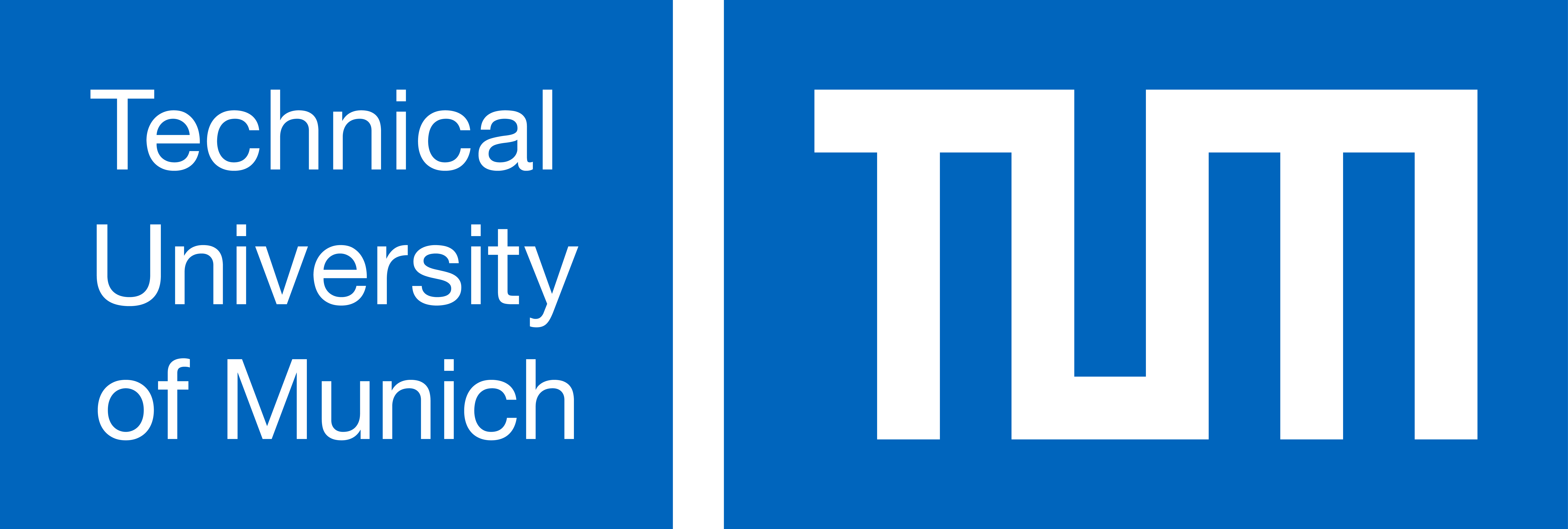About this course
Digital technology is always getting more complex and more interwoven with the human lifeworld. The problems of understanding media – i.e. the nature and implications of digital technology – are expressed in radically different and often contradictory conceptions. The module examines the major conceptions of digital technology/media and the respective ethical consequences they imply. A particular emphasis is on the changes technology brings to the perception, action, and thinking of individuals and their social relations. Using selected examples, not only concepts for understanding (digital) media and models of ethical argumentation are presented, but also options for evaluating and dealing with ethical conflicts are discussed.
Learning outcomes
Upon successful completion of this module, students will be able to: • describe the prevalent and often implicitly presupposed conceptions of digital technology • explain the ethical issues entailed by the respective conception • read, analyze, and understand philosophical texts • apply the conceptions to concrete case studies • identify the specific ethical conflicts between these conceptions • present and discuss academic papers on this complex interdisciplinary topic
Examination
In a (group) presentation (18-22 minutes plus discussion) and responses to other presentations, the students demonstrate their capability to collaborate on complex topics, gain insights from philosophical texts, apply them to case studies, and understand the implied ethical issues and conflicts.
The course description is also available here without login: https://www.durt.de/courses/genai-ethics-2025-26/
Resources
- Coeckelbergh, Mark, and David J. Gunkel. 2023. “ChatGPT: Deconstructing the Debate and Moving It Forward.” AI & SOCIETY, June. https://doi.org/10.1007/s00146-023-01710-4. Crane, Tim. 2021. “The AI Ethics Hoax.” IAI TV - Changing How the World Thinks. March 3, 2021. https://iai.tv/articles/the-ai-ethics-hoax-auid-1762. Durt, Christoph. 2023. “The Digital Transformation of Human Orientation: An Inquiry into the Dawn of a New Era (Winner of the $10.000 Essay Prize).” Esposito, Elena. 2022. Artificial Communication: How Algorithms Produce Social Intelligence. Strong Ideas Series. Cambridge, Massachusetts: The MIT Press. Verbeek, Peter-Paul, and Robert P. Crease. 2005. What Things Do: Philosophical Reflections on Technology, Agency, and Design. 2. printing. University Park, Pa: Pennsylvania State Univ. Press.
Activities
Methods include conceptual analysis, hermeneutic work with texts, class discussions, group work, and presentations.
Additional information
- More infoCourse page on website of Technical University of Munich
- Contact a coordinator
- About studying within the Euroteq alliancehttps://euroteq.eurotech-universities.eu/initiatives/building-a-european-campus/course-catalogue/
- LevelBachelor
- Contact hours per week4
- InstructorsChristoph Durt
Starting dates
13 Apr 2026
ends 17 Jul 2026
Apply nowRegister before 15 Mar, 23:59
